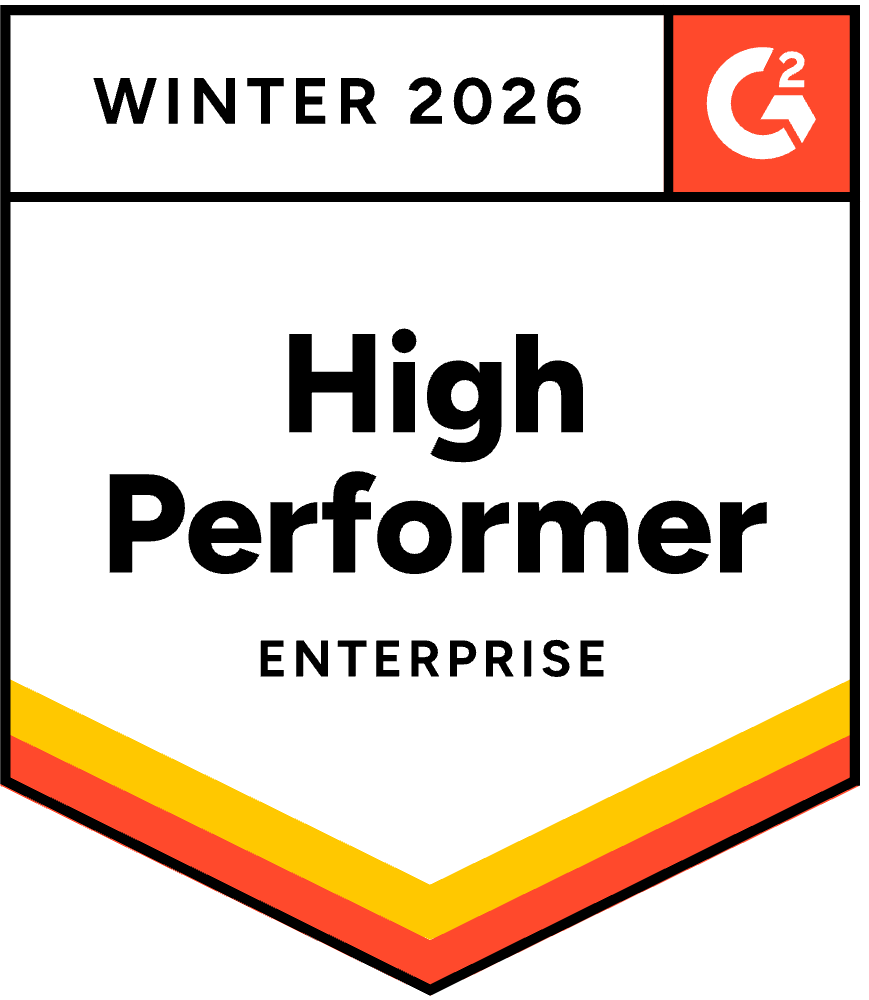

The Ultimate Guide to Workday Pricing
.jpg)
The Ultimate Guide to Workday Pricing
Discover the factors that influence Workday pricing, including user counts, feature requirements, and deployment models.
.jpg)

Workday is a cloud-based software provider specializing in human capital management (HCM), financial management, and enterprise resource planning (ERP) solutions. Designed to support various business functions, Workday offers robust tools for HR, payroll, finance, and more. This guide provides an overview of Workday’s subscription pricing, key features, and tips for maximizing value.
Workday Pricing
Workday's pricing model is subscription-based, and costs can vary significantly depending on factors such as the number of employees, specific modules required, and the complexity of the implementation. Customers can expect to pay anywhere between: $22,000 - $180,000 based on the plans and features selected by the organization.
How to Get Better Pricing on Workday
1. Bundled Services:
Opt for bundling multiple modules under one subscription. This can provide comprehensive solutions while potentially lowering the overall cost compared to purchasing modules individually. Discuss your overall business needs with Workday to create a customized package that fits your requirements.
2. Long-Term Contracts:
Committing to a long-term contract can often secure lower subscription rates. Vendors like Workday value long-term relationships and may offer significant discounts for multi-year agreements. Ensure that the terms align with your business growth and strategic goals before committing.
3. Volume Discounts:
If your organization has a large number of employees, negotiate for volume discounts. Larger implementations often come with per-employee cost reductions, making it beneficial to consolidate all your HR, finance, and planning needs under Workday.
Workday Alternatives
SAP SuccessFactors
SAP SuccessFactors provides comprehensive HCM solutions with robust analytics and reporting capabilities. Some of its key features include:
- Core HR and payroll
- Talent management
- Learning and development
- Workforce analytics
Oracle HCM Cloud
Oracle HCM Cloud offers a complete suite of HR tools with advanced analytics and machine learning capabilities. Some of its key features include:
- HR and workforce management
- Talent acquisition
- Compensation and benefits
- Workforce analytics
Ultimate Software (UKG)
UKG combines HR, payroll, and talent management with workforce management tools. Some of its key features include:
- HR and payroll
- Time and attendance
- Talent acquisition and management
- Employee experience tools

How Spendflo Can Help You Get Better Deals on Workday
To get the best price on Workday, you need a strong procurement and RFP process in place. Spendflo can help by benchmarking your usage against similar companies in your industry to identify potential areas for optimization and cost savings. Our team of expert negotiators will then reach out to Workday on your behalf, armed with market intelligence and a deep understanding of their cost model. We'll work to secure the most favorable terms for your subscription and continue to monitor your usage, proactively identifying opportunities for further optimization and savings.Are you looking to reduce your Workday costs? Click here for a free savings analysis and discover how Spendflo can help you save on your Workday expenses today!
Frequently Asked Questions about Workday Pricing (FAQs):
1. How much does Workday cost?
Workday's pricing is subscription-based and varies depending on factors such as the number of employees, specific modules required, and the complexity of implementation. Pricing typically starts at around $100-$200 per employee/year for HCM modules.
2. What are the benefits of using Workday?
- Integrated Solutions: Offers a unified platform for HR, finance, and planning.
- Real-Time Data: Provides real-time insights and analytics.
- User-Friendly Interface: Simplifies complex business processes with an intuitive interface.
- Scalability: Suitable for businesses of all sizes with scalable solutions.
3. What are the cons of using Workday?
- Cost: Can be expensive, especially for smaller companies.
- Complexity: Implementation and customization can be complex and time-consuming.
- Learning Curve: Users may need training to fully utilize the platform.
4. What are the main factors that influence Workday pricing?
Workday pricing is primarily based on the number of Full-Service Equivalent (FSE) workers, specific modules required, and the complexity of the implementation















.png)
.png)















